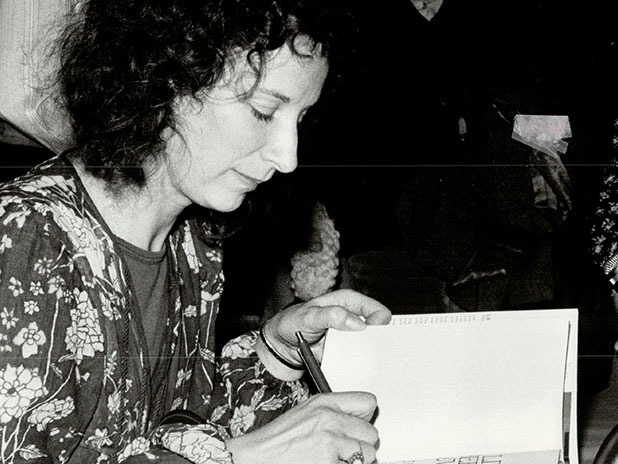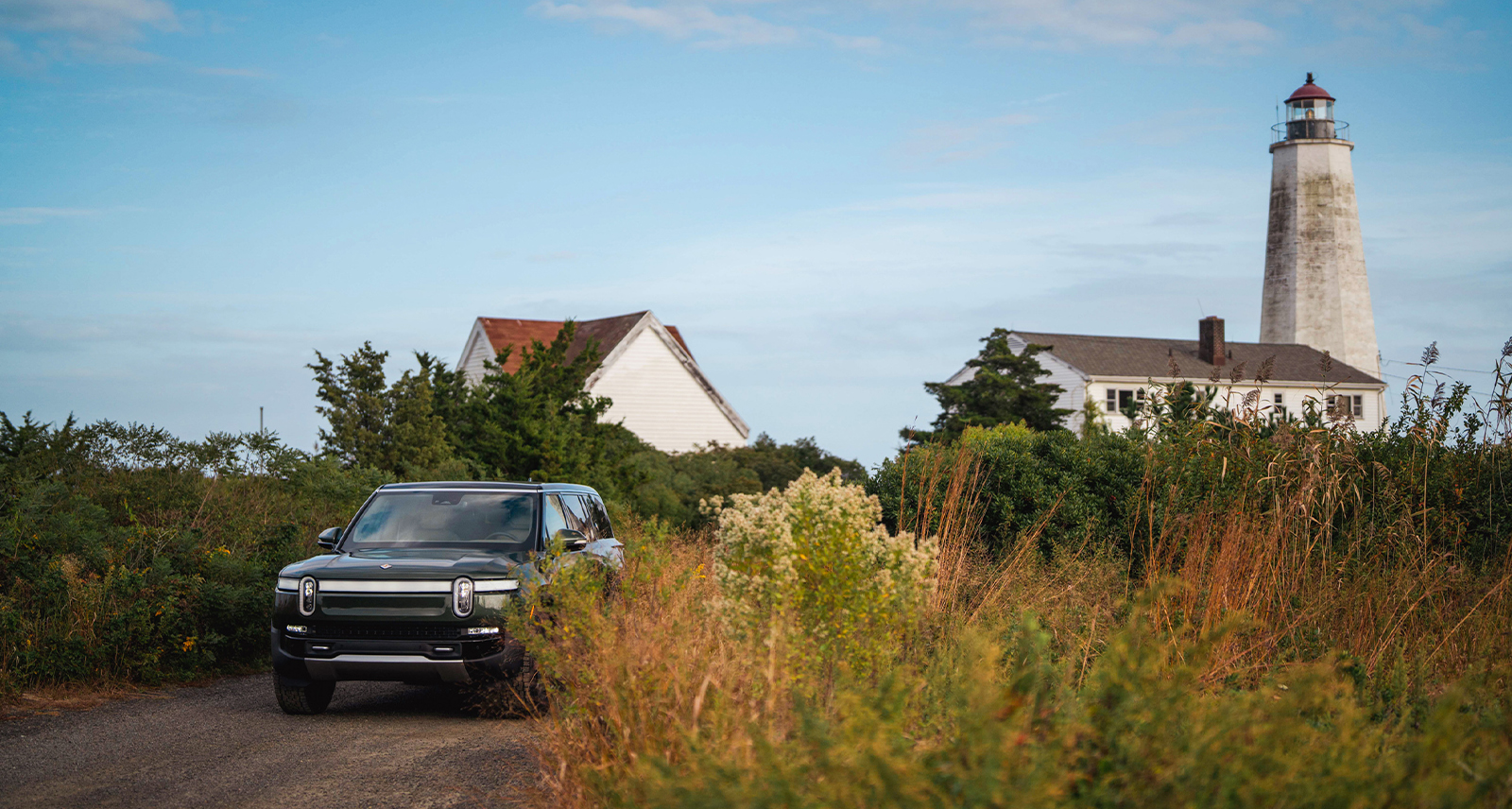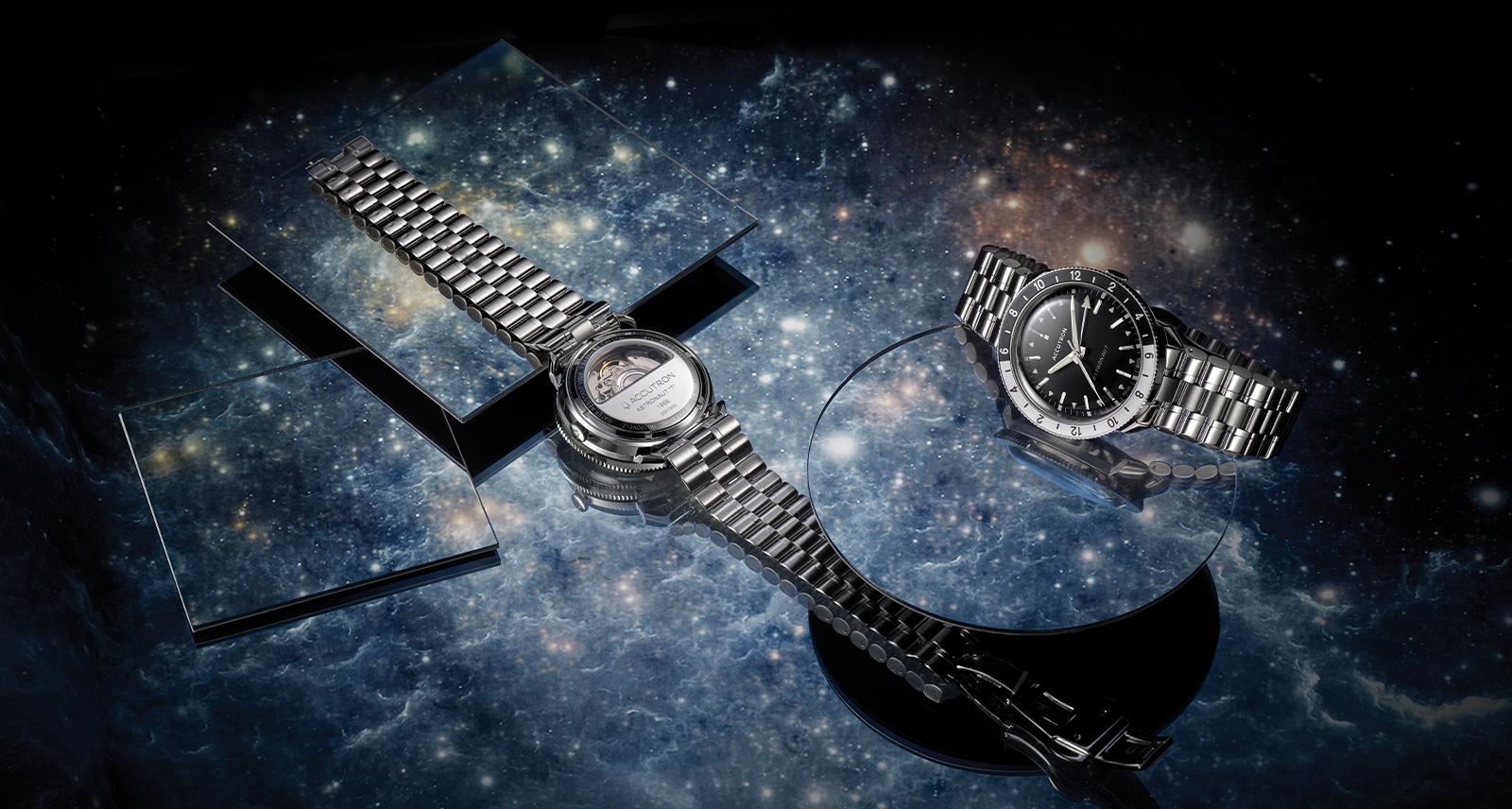Margaret Atwood Is Ready for the End of the World
So are we fated to keep making those kinds of mistakes?
I don’t think anything is fated. Let’s say it’s been a motif, and it’s something we should be aware of. And we’ve just done it again in Canada with Bill C-51. Once you have a no oversight/can’t-know-your-accuser situation, it’s a recipe for false accusations and getting even with people. The human tendency, unfortunately, is to believe that those who are accused, are guilty. I’ve got a whole little library on the Salem witch trials, which is a case in point. Once you were accused, you were guilty.
I play this game sometimes where I try to guess which contemporary headline — about fish dying, or whales washing up on a beach or whatever — would work in the opening montage of a post-apocalyptic film, where they show all this bad news that leads up to the disaster.
A creepy thing happened to us with The Handmaid’s Tale opera, which opens with a scroll of catastrophic headlines. When we opened it in Denmark in 2000, one of the headlines was that the Twin Towers blow up.
There’s no absolute doom, apart from the fabled meteorite hitting the planet.
But do you ever spot overlooked stories that we’re going to look back on and say, “Aha: that’s where it all started”?
Frequently. For instance, the advent of CRISPR, the new DNA-splicing tool. Now that we have CRISPR — kids doing their own gene splicing in a high school lab — that will happen.
As a species, are we screwed?
We’ve made it through many a bottleneck in human history. There was a very big bottleneck that wiped out 90 per cent of the aboriginal population of South and North America with diseases to which they had no immunity, but you’ll note that it didn’t kill all of them. Similarly, there are people who seem to be naturally resistant to AIDS. So, there’s no absolute doom, apart from the fabled meteorite hitting the planet.
Some people might say that’s a strange basis for optimism: that we survived the Black Death.
It was awful for people going through it: more than half the population died. But then after it, wages went up, careers opened up for women, briefly. Look on the bright side!
Shifting to the past for a second, how much time do you spend thinking about your back catalogue?
I’d say none. Next question. [Laughing.]
So you never give much thought to how people are reading your earlier books?
It’s amazing that they are, actually. What really floors me is The Edible Woman, my first novel, which was written in the mid-1960s — there wasn’t even any pantyhose yet. People are still reading it, and I think, “What are you getting out of it?”
One last thing: you recently were the first author to submit a book to the Future Library, which will only be printed up and read a hundred years from now. Is that an act of hope?
Writing any book is an act of hope: you hope you will finish it; you hope it will get published; you hope people will read it, you hope they will understand. And writing a book is already a time capsule, because there’s always a gap between you writing it and somebody reading it. This is just a lot longer.
I made a joke on Twitter about how the 2115 GoodReads review of the book would note that it can be burnt for fuel.
[Laughs.] That is the one of the arguments for paper books, that at least if all the lights go out you’ll be able to set them on fire.










